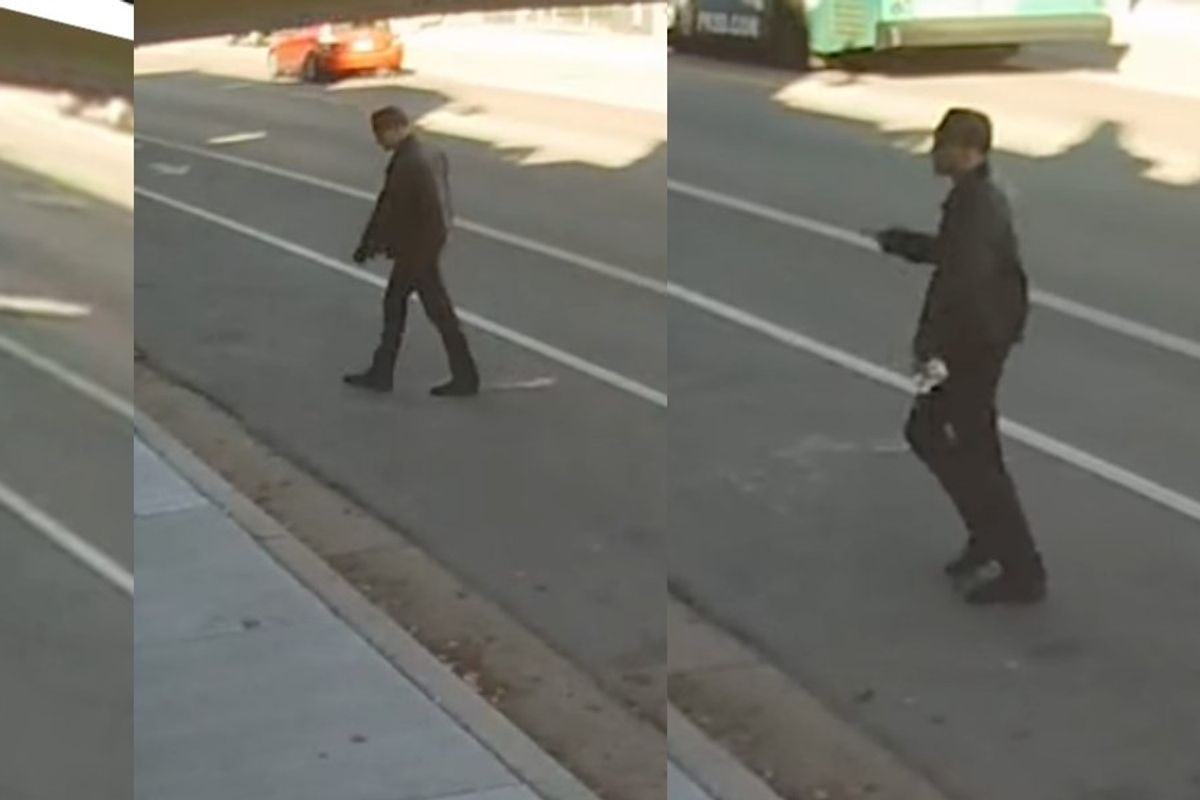Guy caught dancing while litter-picking is a sweet reminder that every effort counts
Sometimes it really is the little things.
An unknown man vent viral for his lively dance moves while picking up litter
Have you heard the story of the girl throwing starfish back in the ocean?
It's a parable about how some people will scoff at others trying to help because it won't solve the entire problem. The moral of the story is that being a useful person isn't about being able to solve entire crises, but doing your bit of good in the ways you are able and how that multiplies when many individuals do the same.
We focus so much sometimes on the hugeness of the issues in front of us that we forget we can (and should) do things because they are the right thing to do.
He's just doing a bit of good in his corner of it and enjoying himself while he does.
Feeling inspired by his dancing good deed? Here are three ways we can do the same.
1. Sign up to do a little bit of beach or ocean cleanup.
I've done this before with my daughter at Lake Michigan. It's a great way to spend a free morning on a weekend, do a little good for your environment, and commune with nature.
You won't get the whole beach clean, but you'll be a part of the solution. Image by Angie Aker, used with permission.
2. Be "that weirdo" who cleans things up when you see litter.
Be the friend that makes it a point to stop and throw things away when you see them. Tell people when you see them litter why it's not cool. I told a friend that once when she threw something out the window, and she said my vehement reaction to what she did stuck with her the rest of her life and changed her habits.
3. Use your free time to give the Earth a little love.
Going for a hike or rowing around the lake? Bring some trash and recycling bags and stop at common picnic spots. You'll be sure to find things you can throw out, and you don't need to sign up for any official expedition to make yourself useful.
It just might put a jaunt in your step and inspire you to dance some litter over to a wastebasket near you.
Change what's within your arm's reach, and you just might change the world!
This article originally appeared on 06.28.16
- Man who stole Santa brought a dozen roses to apologize to store ... ›
- Clever nun thwarts burglary attempt ›
- Even facial recognition software is racially biased. But that may be about to change. - Upworthy ›
- Man's dance moves are so smooth people don't think he's real - Upworthy ›
- Woman picks up 217,286 pieces of litter and films every single one of them. - Upworthy ›

